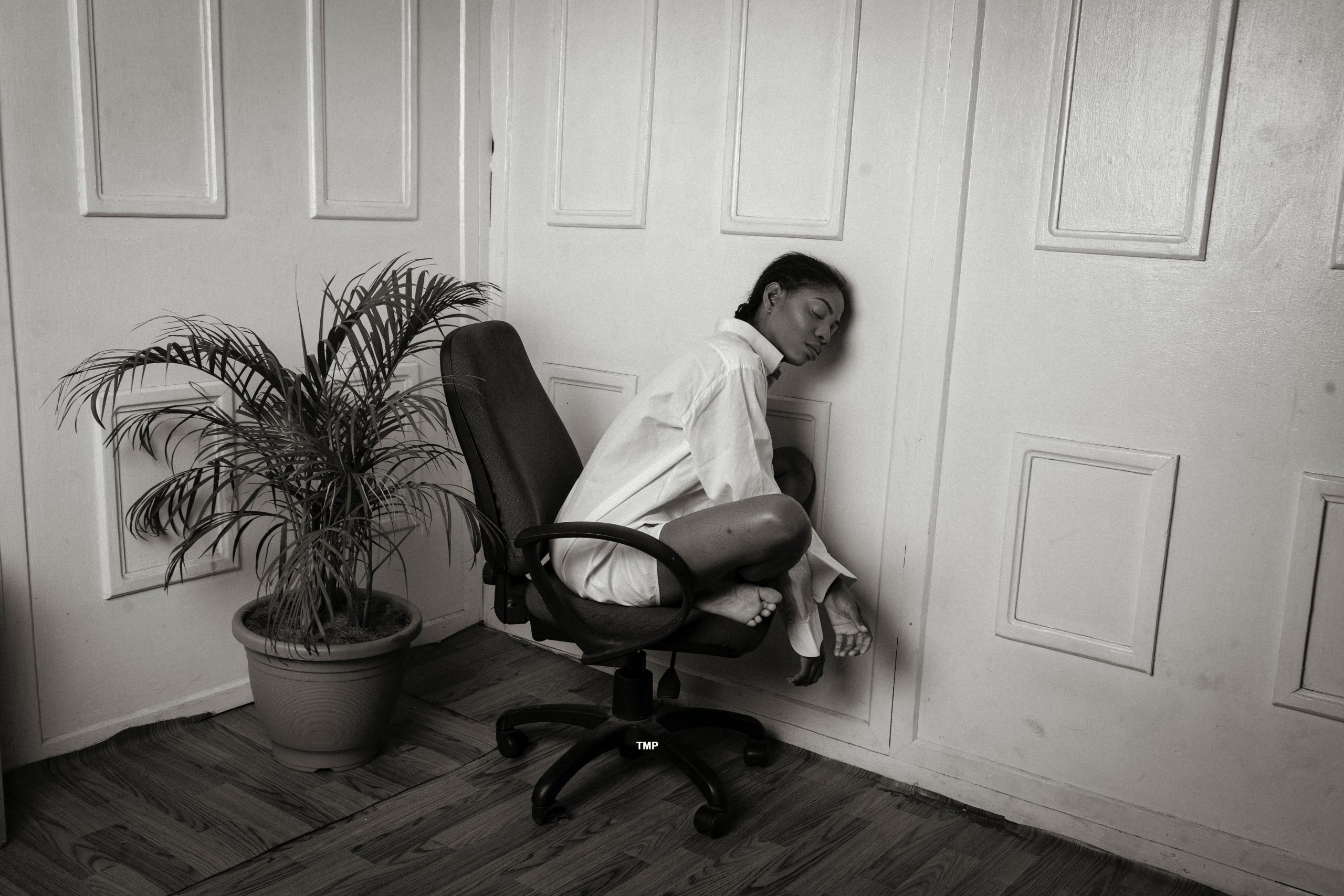THAT LONELY FEELING WE NEED TO TALK ABOUT Loneliness Awareness Week 2022
Between March 2022 and May 2022*:
- 3.4 million people living in Britain were ‘chronically lonely’ (or felt lonely all the time)
- More than 22 million people felt lonely some of the time or occasionally
- Around 900,000 younger people (aged 16-29) were chronically lonely
Founded and hosted by Marmalade Trust, our annual national campaign, Loneliness Awareness Week (LAW), raises awareness of loneliness to reduce the stigma and get people talking about it.
The aim of LAW is simple: to reduce the stigma of loneliness and encourage people to talk more openly about it.
This year’s campaign, ’That Lonely Feeling’, takes place Monday 13th June – Friday 17th June 2022 and will be highlighting the many and varied instances when we can all feel lonely, to normalise the feeling and reduce the stigma. Spanning the years from childhood bullying, to moving away to University, into adulthood and the loneliness of being a new parent, working from home and beyond into our years where our social connections tend to dwindle, putting us at risk of loneliness. We also look at sections of society that are more likely to experience loneliness – for example, those with disabilities, those that feel different and those disadvantaged by the digital divide.
Marmalade Trust’s Founder/CEO Amy Perrin, says:
“Whilst we’re seeing an increase in discussion on the subject of loneliness, stigma remains and there are some key misconceptions that still need to be challenged. Ask anyone to picture a lonely person and most will imagine an older person living on their own. As such, we often rebuke and dismiss feelings of loneliness because ‘that doesn’t apply to me’.
By identifying and acknowledging all the times that we have personally felt and experienced loneliness, we can start to change our viewpoint, accept it and understand how to take action to manage the feeling (and our social connections) in the future.“
Marmalade Trust is the UK’s leading loneliness charity offering support for all ages and the only charity in the world specifically dedicated to raising awareness of loneliness. They launched Loneliness Awareness Week (‘LAW’) in 2017 and it grows in momentum each year. This year’s campaign, their 6th, welcomes not just the support they have come to recognise across the UK but has also received global traction in the US, Canada, Germany, and Australia.
In the last two years our LAW campaigns have made over 300 million impressions with thousands of conversations taking place globally and have been supported by the Royal Family, Boris Johnson, Mayor of London, NHS trusts and all Government departments in addition to The Royal Mail, The Metropolitan Police, Bupa and a host of peers across the 3rd sector.
Ahead of Loneliness Awareness Week the Government has published new research into the impacts of loneliness. The study was commissioned by the Department for Digital, Culture, Media and Sport and conducted by the National Centre for Social Research.
Researchers looked at what types of people were vulnerable to loneliness, whether risk factors for loneliness had changed, the relationship between mental wellbeing and loneliness and what factors alleviated loneliness in the short term.
The study found direct two-way links between the impacts of chronic loneliness and mental health distress over time, in addition to:
- Young people between 16-34 were found to be particularly at risk, with research showing they were at five times greater risk of chronic loneliness than those aged 65 or older. Drivers of loneliness in young people were identified as negative social experiences, such as bullying from peers and siblings and arguments with parents.
- People with a disability or long standing health condition were 2.9 times more likely to experience chronic loneliness, and were less likely to move out of loneliness than those without a disability.
- Those in the LGBTQ community were also disproportionately affected, with people who identified as gay or lesbian 1.4 times more likely to be lonely, and people who identified as bisexual 2.5 time more likely to be lonely.
- Those in the lowest income quintile were 50 per cent more likely to experience chronic loneliness when compared with the wealthiest quintile.
Minister for Civil Society and Youth, Nigel Huddleston, said:
“Loneliness can affect all of us and the research published today highlights that young and disabled people, alongside those with long-term health conditions, are disproportionately affected by loneliness…. The Government prioritised tackling loneliness through the pandemic and we will now redouble our efforts to protect those most at risk…… As we start Loneliness Awareness Week I encourage everyone to reach out to someone they think may be feeling alone or isolated.”
Join us this Loneliness Awareness Week – share our resources and social media posts. Share your story with the hashtag #LonelinessAwarenessWeek #LetsTalkLoneliness #ThatLonelyFeeling to help us raise awareness of loneliness.
Let’s work towards a future where we can talk openly about loneliness and be better equipped to manage the feeling and our social connections. #LetsTalkLoneliness.
*Campaign to End Loneliness’s latest analysis of loneliness data sourced from the Office for National Statistics, published for Loneliness Awareness Week 2022

